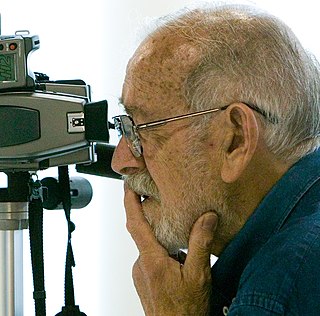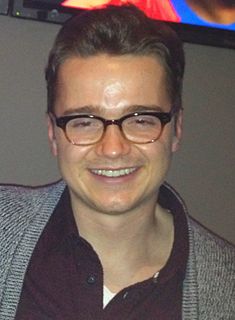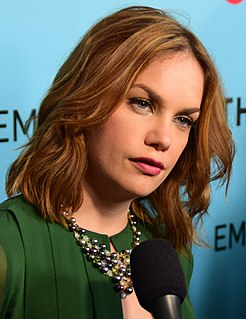A Quote by David Hemmings
The difference between an amateur and a professional photographer is that the amateur thinks the camera does the work. And they treat the camera with a certain amount of reverence. It is all about the kind of lens you choose, the kind of film stock you use… exactly the sort of perfection of the camera. Whereas, the professional the real professional – treats the camera with unutterable disdain. They pick up the camera and sling it aside. Because they know it’s the eye and the brain that count, not the mechanism that gets between them and the subject that counts.
Quote Topics
About
Amateur
Amount
Aside
Because
Between
Brain
Camera
Certain
Choose
Count
Counts
Difference
Disdain
Does
Exactly
Eye
Film
Gets
Kind
Know
Lens
Mechanism
Perfection
Photographer
Pick
Professional
Professional Photographer
Real
Reverence
Sort
Stock
Subject
Them
Thinks
Treat
Treats
Up
Use
Whereas
Work
You Choose
Related Quotes
I have received the digital camera as a blessing. It has really changed my life as a filmmaker, because I don't use my camera anymore as a camera. I don't feel it as a camera. I feel it as a friend, as something that doesn't make an impression on people, that doesn't make them feel uncomfortable, and that is completely forgotten in my way of approaching life and people and film.
Film, television, and working with a camera is such an intimate art form that if a camera is right on you, and I've got your face filling the screen, you have to be real. If you do anything that is fake, you're not going to get away with it, because the camera is right there, and the story is being told in a very real way.



































